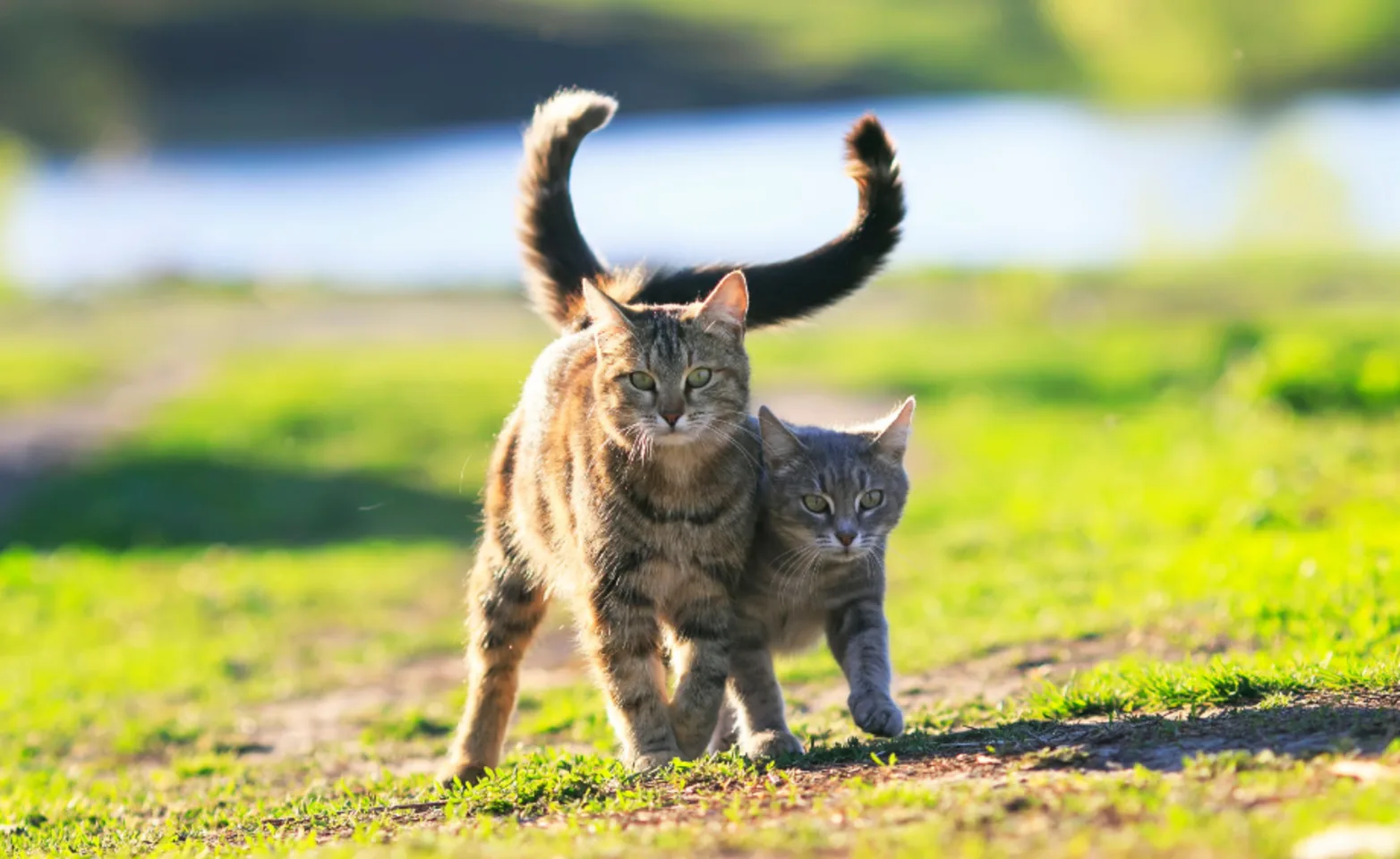Hopkinton Animal Hospital

I-131: The Gold Standard of Hyperthyroidism Care
I-131 is both the primary and most preferred therapy option by veterinarians to successfully treat and cure hyperthyroidism. I-131 has the highest success rate with stable hyperthyroidism in cats). With one injection of I-131, abnormal thyroid tissue will be eradicated in over 98% of cases leaving your feline family member healthy for years to come.
I-131 offers many advantages over other treatment options that include:
No anesthesia required
Normal thyroid or nearby parathyroid tissue is not impacted
No lifelong daily medication
Most cost-effective therapy
Alternative treatment options:
Even though I-131 is the gold standard and best treatment option to cure hyperthyroidism, there are alternative treatments spanning daily medicine, surgery and diet. However, all have lower success rates, as well as higher costs when comparted to I-131.
Anti-thyroid (Methimazole)
Disease is managed with daily medicine that can have serious and fatal side effects
Average life expectancy is 3.5 years
Long-term effects can damage kidneys and liver
Yearly cost of $500-700 for the rest of your cat’s life will exceed total cost of I-131
Surgery
Difficult to perform due to location of the thyroid — high risk to vital parathyroid glands
One gland needs to be removed at a time — 80% will still develop a tumor in remaining thyroid gland within 12-18 months
Cost of two surgeries is $1,600-$3,000; most likely two are needed
When surgery fails, I-131 is the preferred next step
Hills Prescription Diet. Ultra-low iodine diet (Hills y/d)
Diet can lower thyroid levels to normal range, but tumor continues to grow in cat who needs to be 100% on the diet — some will not eat it
Multiple cats in the home will mean all the cats need to be on the diet to prevent any iodine being introduced to the affected cat
Long-term testing (>5yrs) on affected cats remains unknown as well as the effects of the diet on normal cats
Hills Prescription Diet is expensive to maintain, ranging from $380 to $1,460 annually
